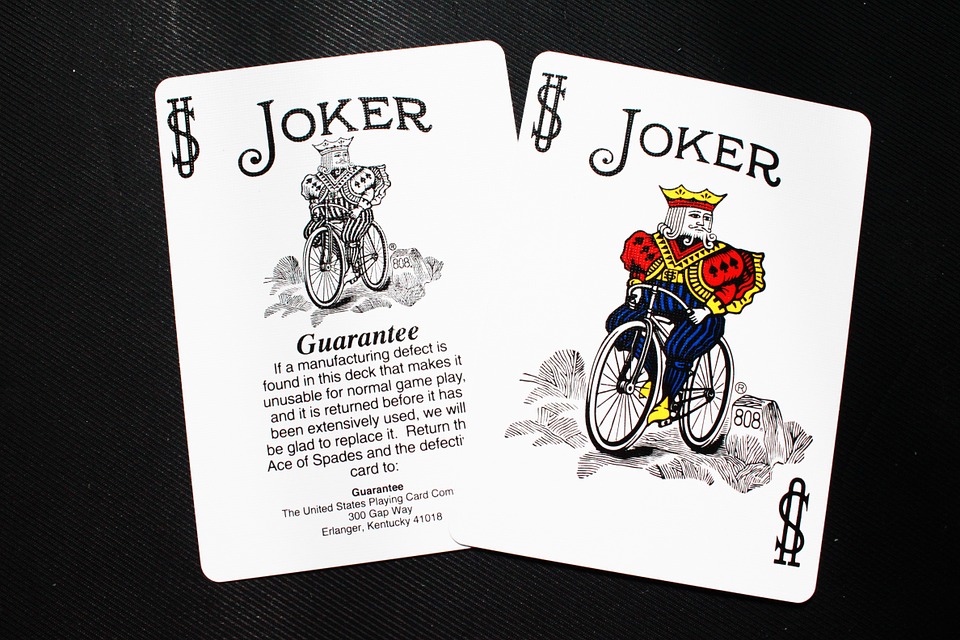
This day has been a celebration of pranks since the Roman times with jokes today ranging from simple schemes such as switching the salt with the sugar in the cupboard to elaborate national hoaxes involving major news organisations.
For EFL classes, this can be a great time to discuss April Fools’ Day famous hoaxes and jokes and turn them into a humorous lesson.
April Fools’ Day Traditions
In the UK, the term ‘April Fool’ is used to describe both the joke and the person who has the trick played on them. When the joke is revealed, the joker shouts ‘April fool!’ at the recipient.
Traditionally April Fools Day pranks are supposed to be played before noon and some say that if a joker plays a trick after noon, they become the fool themselves.
Some people even think this day can be a bit cruel or nasty. Jokes done on a larger scale can hoax and embarrass a lot of people when the truth is revealed a few days later.
There is always potential for April Fools’ Day to go too far and occasionally a real newspaper or media story might be misconstrued as a joke story.
April Fools’ Day famous hoax stories
One famous hoax was by fast-food restaurant chain Burger King, who declared they had launched the Left-handed Whopper.
The company published a full page advertisement in USA Today in 1998, claiming the new burger had been designed for the left-handed diner, containing the same ingredients but rotated 180 degrees.
Thousands of customers requested the new burger, while many others requested their own ‘right handed’ version!
Another famous pranks was played back in 1957 by BBC news programme Panorama. The show included a 3-minute segment about a spaghetti harvest in Switzerland with video footage of a Swiss family pulling pasta off trees.
The show said: “For those who love this dish, there’s nothing like real, home-grown spaghetti.” Hundreds of people phoned the BBC for advice on how to grow their own spaghetti tree!
April Fools’ Day in the EFL classroom
April Fools’ pranks are normally practical jokes when played on someone in our own life, while on a national scale it is normally a hoax news story.
Joking in a foreign language can be incredibly difficult because jokes normally involve a play on words. So this makes translating April Fools jokes into a foreign language much easier, due to their practical component. April Fools pranks are normally much more obvious than a subtle language gag.
This fun day is a good time to discuss different famous pranks and enjoy a laugh in the EFL classroom.
In order to create an EFL lesson for April Fools’ Day, why not formulate some comprehension exercises using some famous hoax stories? Students can then answer questions about the hoax.
Comprehension exercises
The Burger King story could have a number of key comprehension questions, such as:
- According to the story, what did Burger King announce?
- Who was Burger King’s new menu item created for?
- How did people find out about the new menu item?
- How had the original burger been changed?
- What did the customers do?
For the Panorama spaghetti story, suitable comprehension questions could include:
- According to the story, what happened in Switzerland?
- What was growing on the trees?
- What evidence was there for the special tree?
- Why did people phone the BBC?
Enjoy April Fools’ Day and perhaps you can play a joke of your own in the EFL classroom.
Teachers, just make sure students don’t end up taking you seriously if you invent a joke translation for a new word or phrase!
What do you think about April Fools Day?
Are you planning to play a hoax on anyone?
Have you ever been the victim of an April Fool?
What is your favourite April Fools’ Day joke?
Do you have a day similar to April Fools’ Day in your country?
